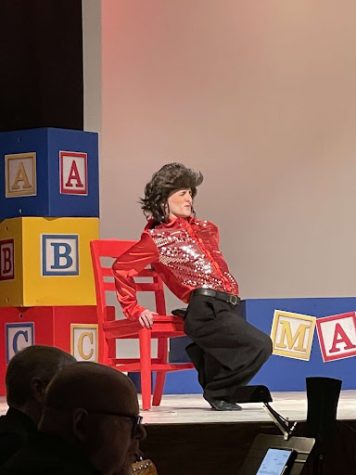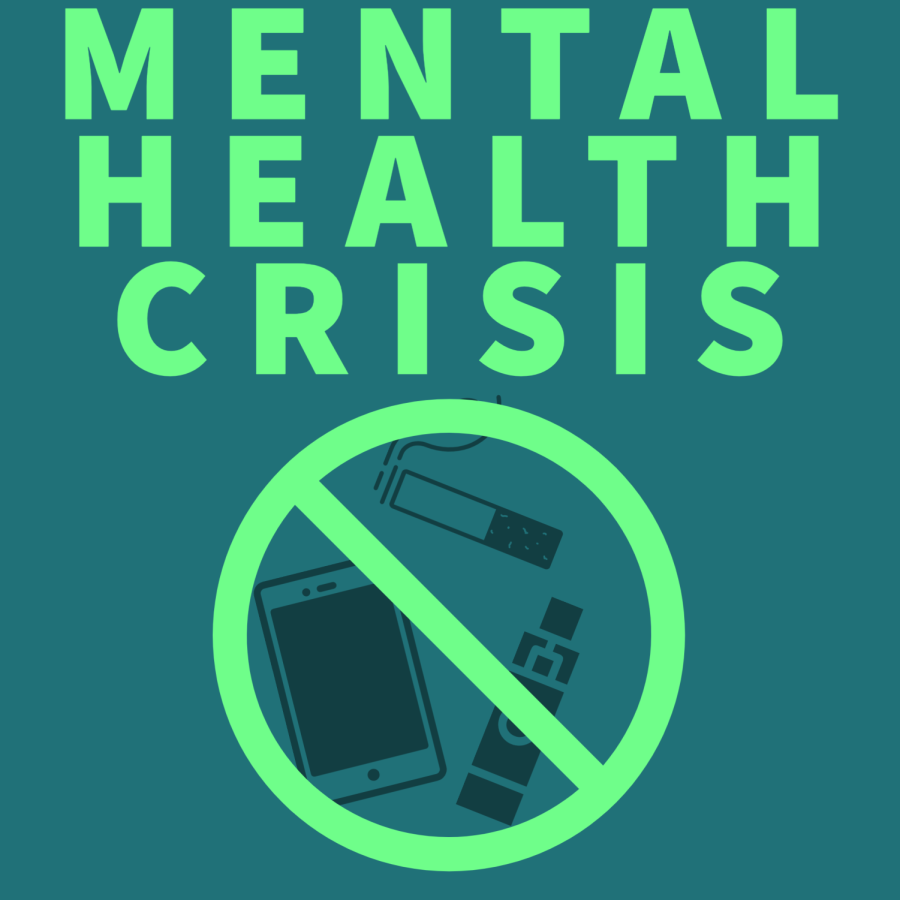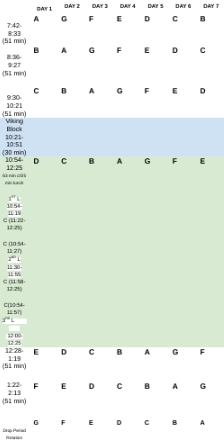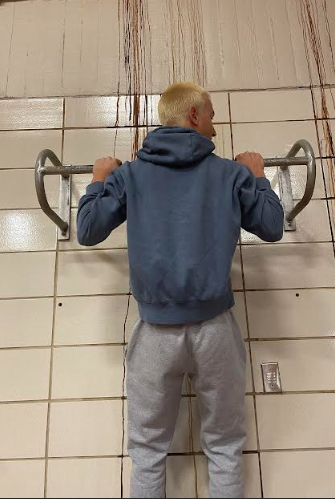A Mental Pandemic
Triton Discusses the Adolescent Mental Health Crisis
The mental health of students around the world is in a crisis. According to the American Psychological Association (APA), one in seven 10-19 year olds experience a mental disorder.
“It’s been really hard,” an anonymous student at triton said.
“We’ve grown up in a really weird time. Almost all of my highschool career was affected by covid.”
During the pandemic, the CDC reported that 55% of students were emotionally abused by their parents/caregivers. It’s often suggested if you need help to seek out a trusted adult, but with the rising percentage of abused students, it’s not the easiest to find that adult. The CDC also claims that 53% of students didn’t have anybody close to them at school during the pandemic.
“I always refer students to their parents first, talking with parents is always the best, however, some students may need other resources,” says Triton nurse Nadine Marcheterre.
“There has been an increase in Staff educational resources in how to help students with mental health concerns. The social workers and nurse often assist students with any mental health crises that happen during the school day.”
Triton has taken steps this year to help improve the mental health of their students. With the new “LIFT” program, students that were out of school for a long time, mostly for hospitalizations, are able to get the extra help as needed.
“Many parents report that this program has been integral in helping students gradually return to school,” says Marcheterre.
She also believes that phones play a larger role in teenage mental health, “Cell phones and their misuse have negatively impacted the health of many teens. I think that there are so many parents that allow their kids to have unlimited access to the negative aspects of the internet. Cell phones allow students to access parents 24/7 for every single need and question. I believe this negatively impacts students in their ability to problem solve independently. I so often see students texting their parents constantly with questions and support. This same age student, 20 years ago, would be able to make independent decisions.”
A key factor to a lot of students’ poor health is the use of nicotine and marijuana.
“If students are addicted to nicotine, they are not able to “be present” in the classroom because they need to attend to their addiction constantly.” says Marcheterre.
“So many students are impacted by these substances and both are very difficult to quit. Many people get relief from their addictions with the help of their doctors. Sometimes medication can be very helpful.”
According to the 2019 Monitoring the Future (MTF) Survey, 14% percent of participating 12th graders reported their use of marijuana vaping. That’s nearly double the number from the previous year (7.5%).
According to the National Alliance on Mental Illness, Suicide is the third leading cause of death, behind homicide and accidents. Approximately 3 million kids aged 12-17 had serious thoughts of suicide, and 11% of teenage deaths come from suicide. Many students are impacted by it, both directly and indirectly.
If you or a loved one ever needs help, please reach out to any of the numbers below.
– Parents Helping Parents – Parental Stress Line: 1-800-632-8188
– National Suicide Prevention Hotline: 1-800-273-TALK (8255)
-Samaritans 24-Hour Response: 1-877-870-4673
– Hopeline: Call or Text 1-877-235-4525
– Crisis Text Line: Text HOME to 741741

Hey! My name is Kaeden Carlson and I am a Senior here at Triton High School. I have a very active role in the theater program and enjoy acting with my...





